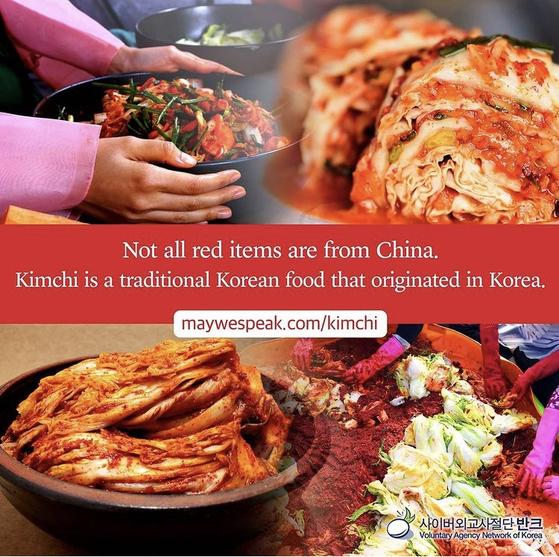Amid controversy over the claim that kimchi is a local food from China, Korea exported the most kimchi ever last year. However, the kimchi trade has not escaped the deficit for 11 years. This is because the amount of income is so high. This year, as global interest in health-related foods has grown, will Korea be able to preserve its pride as a leader in kimchi?

Kimchi import and export performance. Graphic = Reporter Jaemin Shin [email protected]
According to the Korea Customs Service on the 11th, last year’s kimchi exports amounted to $144.51 million, a 37.6% increase from a year ago. It broke the record high in 2012 ($166.61 million) in eight years. Compared to 2015 ($7,440,000), which was five years ago, it is almost twice the size.
Although the popularity of kimchi is increasing, the money Korea makes from kimchi is still negative. The kimchi that Korea bought last year was worth $152.43 million, an increase of 16.4% from the previous year. With more imports than exports, the trade balance recorded a deficit of $7.91 million.
The biggest reason for the deficit is the aggressive supply of cheap Chinese kimchi. Most small restaurants or group catering establishments buy Chinese kimchi for cost savings. The amount of kimchi imported from China last year was $125.42 million. It accounts for 99.9% of the total. Conversely, exports of kimchi to China were only 300,000 dollars.
“Chinese kimchi, one-third of the domestic price”
The Kimchi trade balance did not record a deficit from the beginning. In 2000 alone, it recorded a surplus of $78.455,000. However, as Chinese kimchi entered the country in earnest, the scale of the surplus gradually decreased, and eventually turned to a deficit in 2006.

‘Not all red is from China. Vank’s digital campaign appealing,’Kimchi is a traditional Korean food that originated in Korea.’ VANK
Since then, as food safety issues such as the melanin powdered milk crisis arose in China, the import of kimchi temporarily plummeted in 2009, causing the trade balance to surplus. But the following year, it turned to negative again.
The distribution industry expects kimchi imports to continue to increase. This is because there are many small restaurants looking for’cheap kimchi’ due to the burden of labor and rent. In China, kimchi manufacturers are competing for the Korean market, mainly in Shandong Province.
Lee Ha-yeon, chairman of the Korea Kimchi Association, said, “In the case of kimchi that is delivered to restaurants and meals, Chinese products are about a third of the domestic price.”
Last year’s kimchi export was the largest ever
Fortunately, the kimchi trade deficit has steadily declined over the past four years. The kimchi industry is also brightly forecasting future exports. The industry analyzes that the global kimchi market will grow rapidly, as domestic food consumption is increasing due to the spread of the novel coronavirus infection (Corona 19), and fermented foods are known to help boost immunity. In particular, expectations for the Japanese, US, and Australian markets are growing.
Looking at exports by country last year, Japan accounted for about half of the total (49.2%), up 28.8% from the previous year to 71.1 million dollars. In a report released on the 5th, the Korea Agriculture and Fisheries Food Distribution Corporation (aT) said, “In Japan, there are some consumers who have newly created a habit of eating kimchi due to Corona 19, so growth is expected to continue amid extended emergency situations.”
The US was followed by a 55.7% increase to $2306 million. Exports to Australia also surged 61.6% to 5.64 million dollars.
It is also positive that the trade deficit narrowed despite sluggish crops such as cabbage due to the longest rainy season last year. Kimchi’s trade balance, which had recorded a cumulative surplus until August of last year, turned to a deficit in conjunction with the period when the price of cabbages in September rose more than double. This means that if the kimchi vegetable crop is good this year, it can also add strength to improving the trade balance.
Experts pointed out that if we focus on increasing the demand for domestic kimchi, we can accelerate the improvement of the trade balance. Chairman Lee Ha-yeon said, “If the government provides tax incentives to small and medium-sized businesses that produce kimchi for delivery to increase price competitiveness, imports of kimchi from China will decrease.”
Sejong = Reporter Seongbin Lim [email protected]
